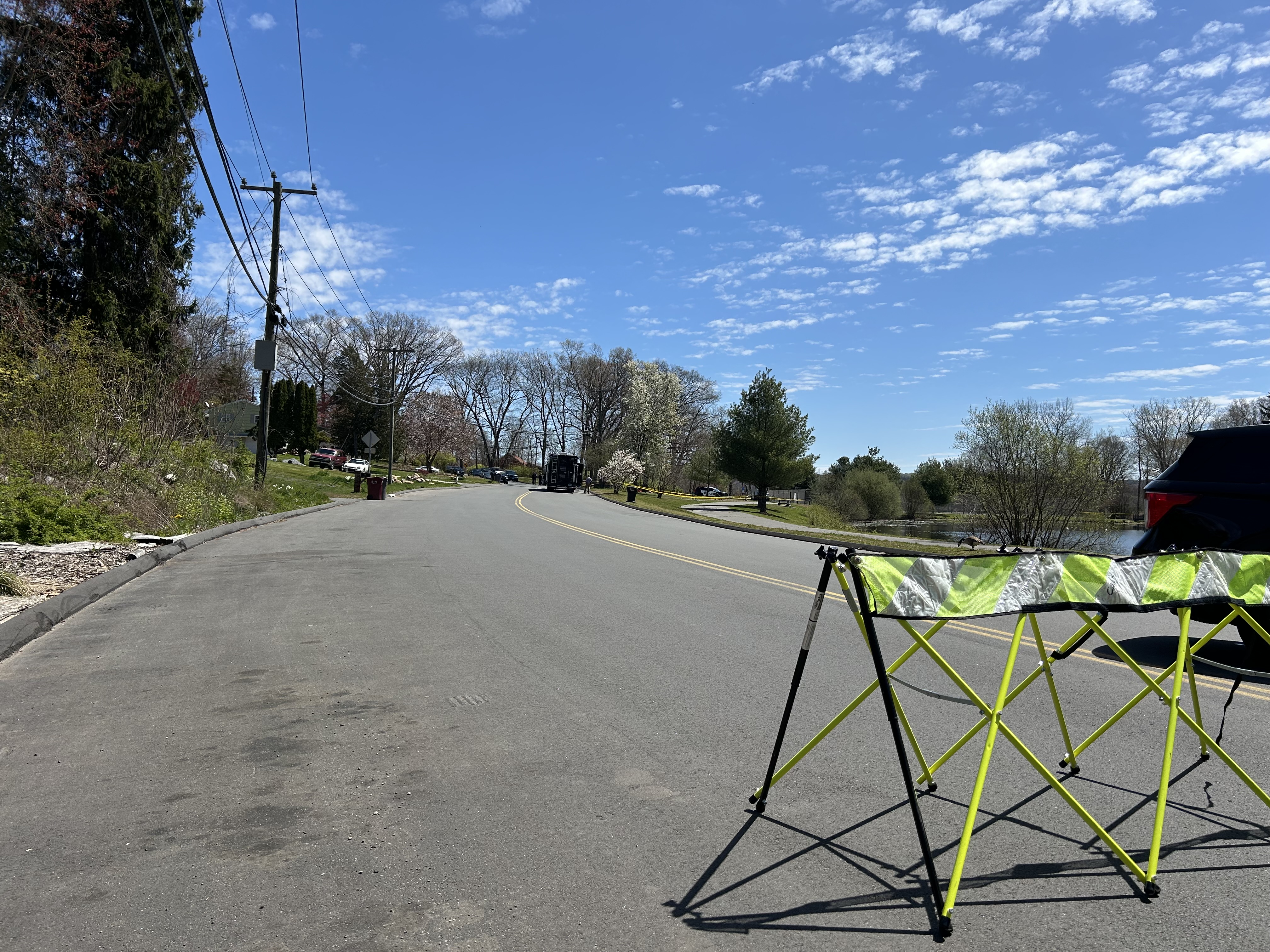When it comes to filling up the tank, saving money is key. But some drivers were fuming over expensive auto repairs that they blamed on bad fuel.
Experts say it can happen when you get water in the gas tank. NBC Connecticut Responds received a handful of complaints about the problem.
"It was bucking a little bit and if I pushed on the pedal, it didn't even sound like it was revving up,” said Alysia Duke, who lives in Manchester.
Duke assumed her car problem was mechanical. After she took it to the dealership, they performed a fuel test and told her the foggy water indicated poor fuel quality.
“I had never seen anything like that,” she said.
Duke has company. Hartford resident Terry Waller experienced the same thing.
“My truck started to pop and skip, pop and skip and I was frustrated. Had no idea what was going on with the truck,” Waller said.
He showed us the bill from the dealership indicating water in his gas tank.
“They had to drop the tank down. Take all the gas out and clean the injectors and all of the things that it affected. The water affected,” said Waller. “I’m sure this has happened to other people.”
According to the Department of Consumer Protection, which tracks tainted gas complaints, there were 46 reported to the state from January of 2018 to present.
AAA Service advisor Tyler Benoit gave us a demonstration of what it looks like after water gets into the gas tank. The two liquids separate.
“Cars don’t like water,” said Tyler Benoit, AAA Service Advisor.
He says if drivers detect bad fuel they would encounter the following:
- Engine misfire or running rough
- Lack of power
- Vehicle starting and stalling
- Vehicle just won’t start
If the problem is not corrected, AAA says it can cause damage your vehicle including:
- Fouled spark plugs
- Fuel pump damage
- Fuel injector damage
- Fuel filter will need to replace as it will retain water
“If there’s too much water, it could do what’s called hydro-locking the engine. So, the engine would just seize completely,” said Benoit.
Benoit recommends getting your vehicle to a service center right away if you experience any of those signs.
“You don’t want to risk getting any water in your fuel lines, fuel pump, filter, in the engine. If we can keep it in the gas tank, then ideally all we have to do is drain it out and put new fuel in there and you should be good to go, according to Benoit.
AAA says the problem is not common because of the safeguards that should be in place at filling stations such as filtering systems, regular tank inspections and monitoring by the state.



